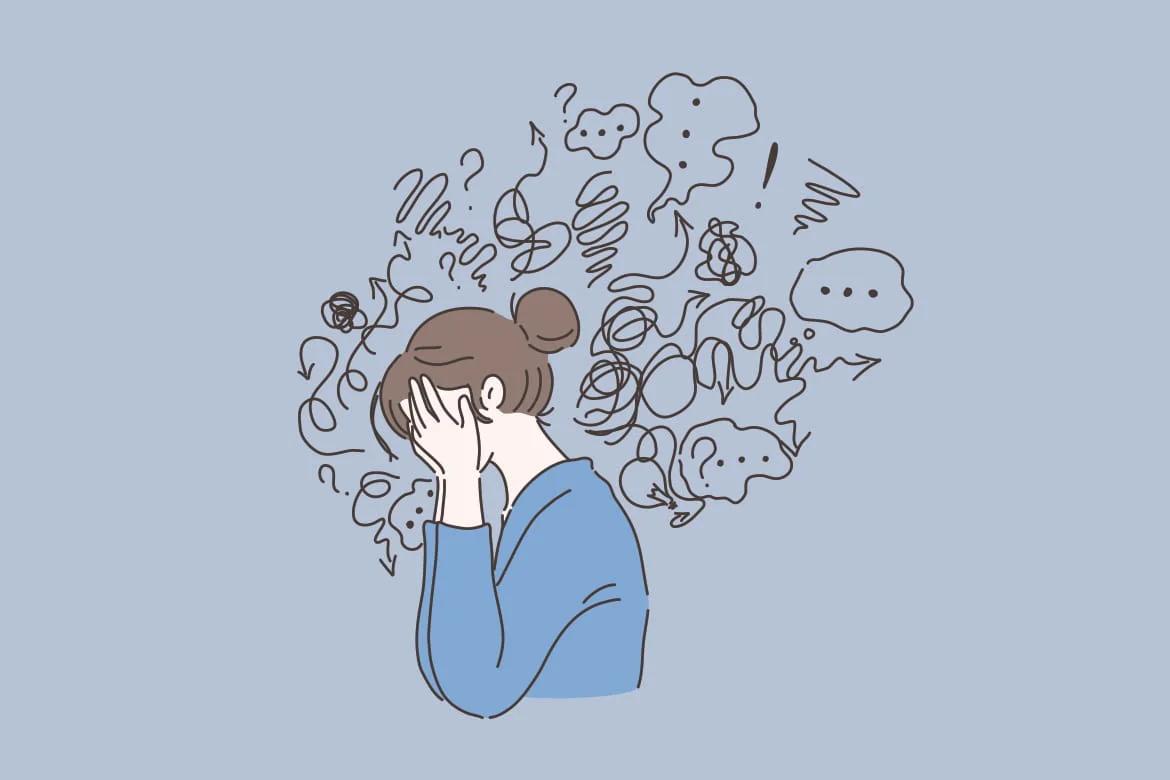

Aarya Bhushan
Class of 2025Palo Alto, CA
About
Hi! My name is Aarya Bhushan and I’m a junior in high school. My Polygence project was about the importance of resilience, its relationship with cortisol levels, and coping strategies to increase resilience. This topic was really important to me because throughout my life so far, being resilient has been crucial for me. Additionally, I think people’s ability to be resilient affects their overall ability to deal with stress, and ultimately their mental health.Projects
- Resilience: Its Importance and Relationship with Cortisol with mentor Laura (Nov. 22, 2023)
Project Portfolio
Resilience: Its Importance and Relationship with Cortisol
Started May 19, 2023

Abstract or project description
Approximately 43.8 million adults suffer from a mental health illness in a given year. To put things into perspective, 1 in 5 adults in the United States, alone, experience a mental illness. Mental health issues are one of the most common health problems in the United States. In thinking about how to lessen the burden of mental health, one possible strategy is to increase resilience which has previously been defined as “the capacity to “bend but not break””. One mechanism through which resilience may act as a protective factor is its relationship with cortisol. Cortisol is a hormore produced by the two adrenal glands, which are small, trangular-shaped glands located on top of both kidneys. Its release is regulated by the pituitary gland in the brain, and it plays an important role in the body’s stress response. Maintaining an adequate balance of cortisol is essential for health, especially mental health. In the following paper, we will review prior studies conducted in adults, looking at relationships between resilience and cortisol. We will then summarize key takeaways and discuss potential strategies to improve resilience and cope with negative outcomes of stressful experiences with the overarching goal of reducing the number of 43.8 million adults experiencing mental illness in a year.